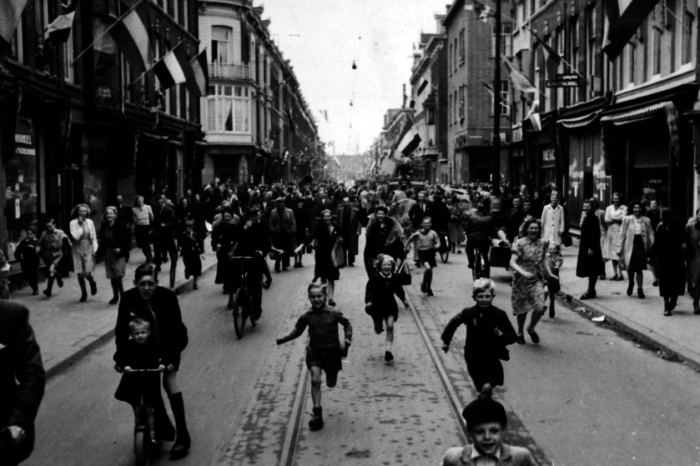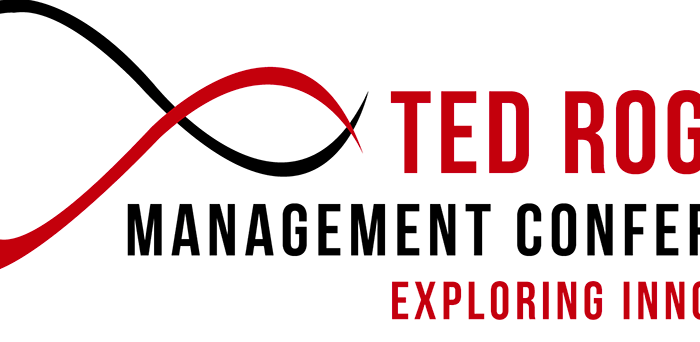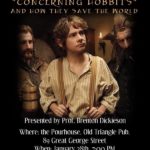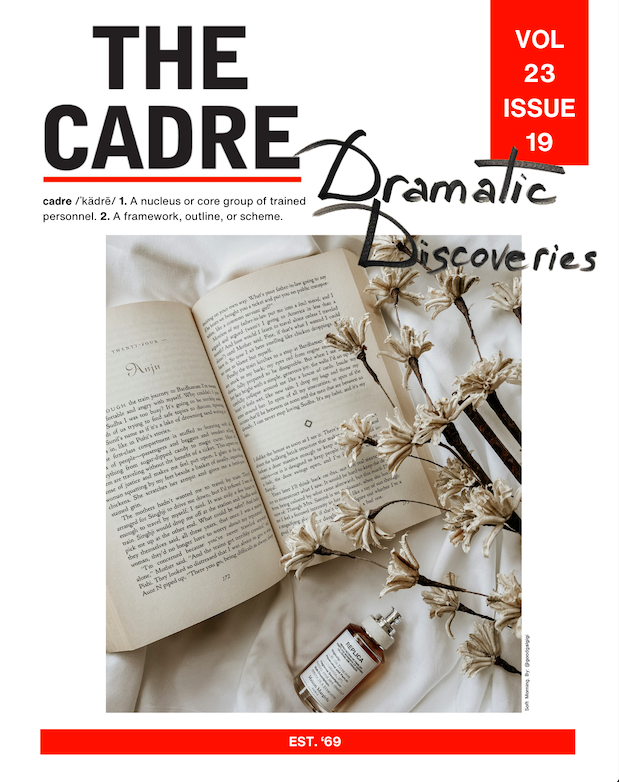By: Drew MacEachern

On Thursday evening, the Pourhouse above the Old Triangle was full as people gathered to listen to UPEI sessional lecturer Brenton Dickieson discuss hobbits, specifically, the relation of hobbits to Christianity. While this may seem like an odd cross-section of topics, this fits both with Dickieson’s background in literature and theology, as well as with the event itself. This was the first Theology on Tap event of 2016, an event sponsored by St. Dunstan’s University Institute for Christianity and Culture at UPEI.
Dickieson began his presentation by relating how Tolkien first came up with the idea for the Hobbit. He was bored and he scribbled the sentence, “In a hole in the ground there lived a hobbit†on the back of an undergraduate’s paper. Tolkien didn’t even know what a hobbit was, and this question spurred on the creation of Middle Earth and its assorted literature. While originally only for his children, he was encouraged to publish it by C.S. Lewis. After the success of the Hobbit, at the encouragement of his publisher, Tolkien started writing The Lord of the Rings in 1939, finally getting it published in 1954.
As Dickieson notes, Tolkien’s work was the first to bring the fantasy genre to level of high fiction, inspired by the old Anglo-Saxon and classical epics. With this in mind, Dickieson posed some questions to the audience. Does the story resemble the epic quests of old literature? Does Frodo look like Achilles, Odysseus, Beowulf? What is interesting about Tolkien’s work is the transformation of these constituent epic elements and how it challenges the usual narrative of such stories. The hero does not choose his quest for gold, revenge or glory; they are forced into it from a moral duty. In The Lord of the Rings, Frodo can not even complete his quest at the end, requiring the support of Sam, a simple gardner, to continue on. Dickieson argues that this is an intentional act on the part of Tolkien, undercutting our systems of value which makes us question how we conceive power.
Dickieson, self-consciously developing a ‘scholarly term’ suggests that Tolkien has created a ‘theology of the small’. He compares and contrasts this with C.S. Lewis’ The Chronicles of Narnia books, where the character Lucy, eventually develops into one of the strongest characters in the series through the virtues of wisdom, caring, compassion and perception. (It was at this point that Dickieson briefly went out of his way to criticize the Narnia movies and comment on how we wanted Allan Rickman to play a part in the reboot. Awws resounded throughout the room.) He then went back by giving more examples of how this sense of compassion and perception is able to overcome problems in a way that traditional emphasis on power and coercion could not do. He notes that this seems to be contrary to the masculine environment both Tolkien and Lewis experienced in their lives, including during the two World Wars.
This focus on the power of ‘weakness’ opposed to strength plays into the core of the message of Christianity. Dickieson notes the constant expression of such themes in Christian messages from, “the first shall be the last†and that “blessed are the meekâ€. Finally, this culminates in Christ’s ultimate power as Saviour being expressed, not through some coercive act, but through the power of his own self-sacrifice. It is a reflection of this up-ending of traditional views of power that the ‘theology of the small’ emphasizes. Furthermore, he notices that this emphasis continues through a lot of other British satirists and authors, from Douglas Adams, Terry Pratchett, Neil Gaiman and J.K. Rowling. This is especially noteworthy in Rowling’s Harry Potter series, where it is the self-sacrifice of Lily Potter, and then Harry (leading to a resurrection of sorts), which ultimately defeat the power-craving Voldemort.
As his presentation wound down, Dickieson began examining the American election to see how we can use this theme to ponder not only fictional worlds, but the real one as well. He noted with a certain sadness that many evangelical Christians in the United States seemed to prefer Donald Trump’s values over those of Frodo and Sam. Ulimately, Dickieson posed one question we should ask ourselves; “Do our politicians look like Jesus on the cross or those who put him up there”; or what type of power does your life reflect?
After this, Dickieson took some questions from the audience. One question asked to explain why Tolkien’s work is not allegory. Dickieson explained that it is  not an allegory since there is not a one-to-one relationship between the novel and the message. Animal Farm is an allegory because the situation in the book directly mirrors the history of the Russian Revolution. There is no equivalent to this in Tolkien’s works. Some have said that the Ring represents atomic weapons; powerful weapons, which though alluring, are ultimately destructive. Other have said it represents the loss of agency through addiction. LOTR is not an allegory because the Ring does not represent either of those things entirely. However, it does give us a way to conceive and talk about those issues thematically, as part of the message that emerges as an unit in his work.
For the presentation itself, click this link.









